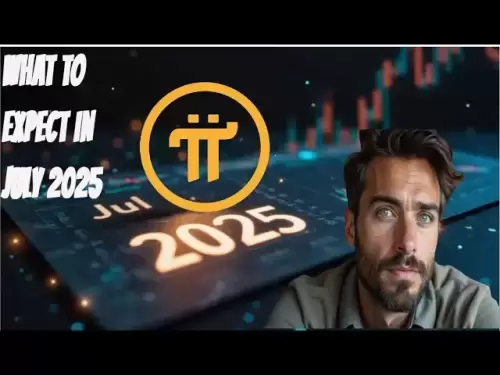Vivek Ramaswamy, recently appointed co-leader of the newly created U.S. Department of Government Efficiency (DOGE), has had his Twitter account hacked, causing a wave of confusion and a surge in the price of a lesser-known stablecoin, USUAL.
Vivek Ramaswamy’s Twitter account was hacked on March 10, leading to a post that sparked a wave of confusion and a surge in the price of a lesser-known stablecoin, USUAL.
The official Twitter account of Ramaswamy, who was recently appointed co-leader of the U.S. Department of Government Efficiency (DOGE), earlier announced an alleged partnership between the DOGE department and USUAL, a stablecoin project that is pegged to fiat currencies.
The tweet claimed that the U.S. government’s new efficiency initiative would collaborate with USUAL, potentially indicating a major shift in government finance and crypto regulations.
However, the post was quickly deleted, and shortly after, it was revealed that Ramaswamy’s account had been compromised. James Fishback, CEO and founder of Azoria, confirmed the hack, tweeting, “I just spoke with Vivek. He has been hacked. He is locked out of his account. This is a scam.”
The announcement, though short-lived, had a significant impact. Following the tweet, the price of USUAL — a relatively obscure stablecoin — surged, sparking concerns of potential manipulation or a market-driven response to the false news.
The tweet was shared widely before its removal, with many users questioning its authenticity. One such account, Magacoin, posted a screenshot of the deleted tweet, which read, “BREAKING: Suspicions arise as Vivek Ramaswamy’s Twitter account, co-leader of the US govt’s DOGE efficiency dept, seems hacked.”
At this time, no official statements have been made from either Ramaswamy or the U.S. government regarding the incident. The situation remains under investigation, with cybersecurity experts working to determine how the account was breached and to ensure further security measures are put in place.
Vivek Ramaswamy, who is known for his leadership in the tech and biotech industries, has been appointed alongside Tesla CEO Elon Musk to lead the Department of Government Efficiency (DOGE), a new initiative that aims to streamline government processes and promote innovation in the public sector.
The USUAL stablecoin price is currently at $1.60 after surging almost 35% with a market capitalization of $722.06 million surging 37% and 24-hour trading volume values at $1.59 billion, dropping 11%.













































































